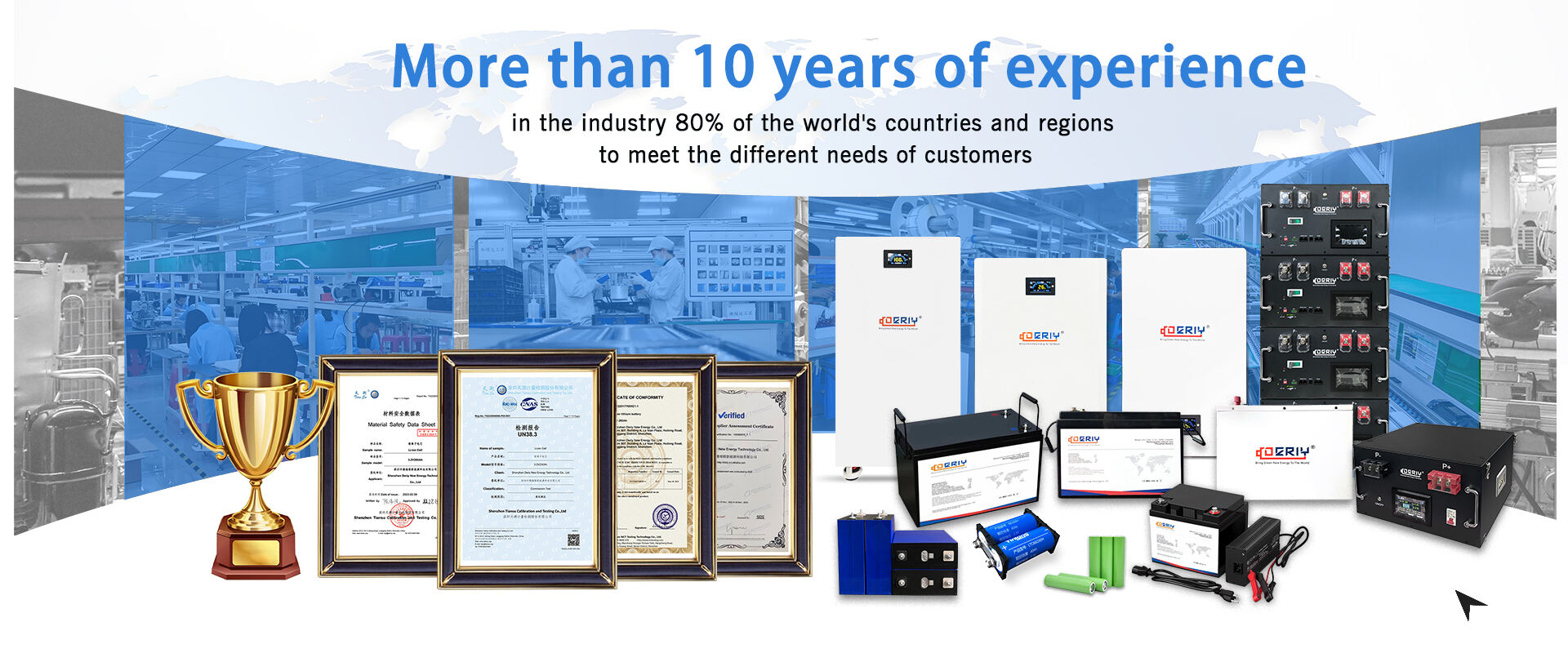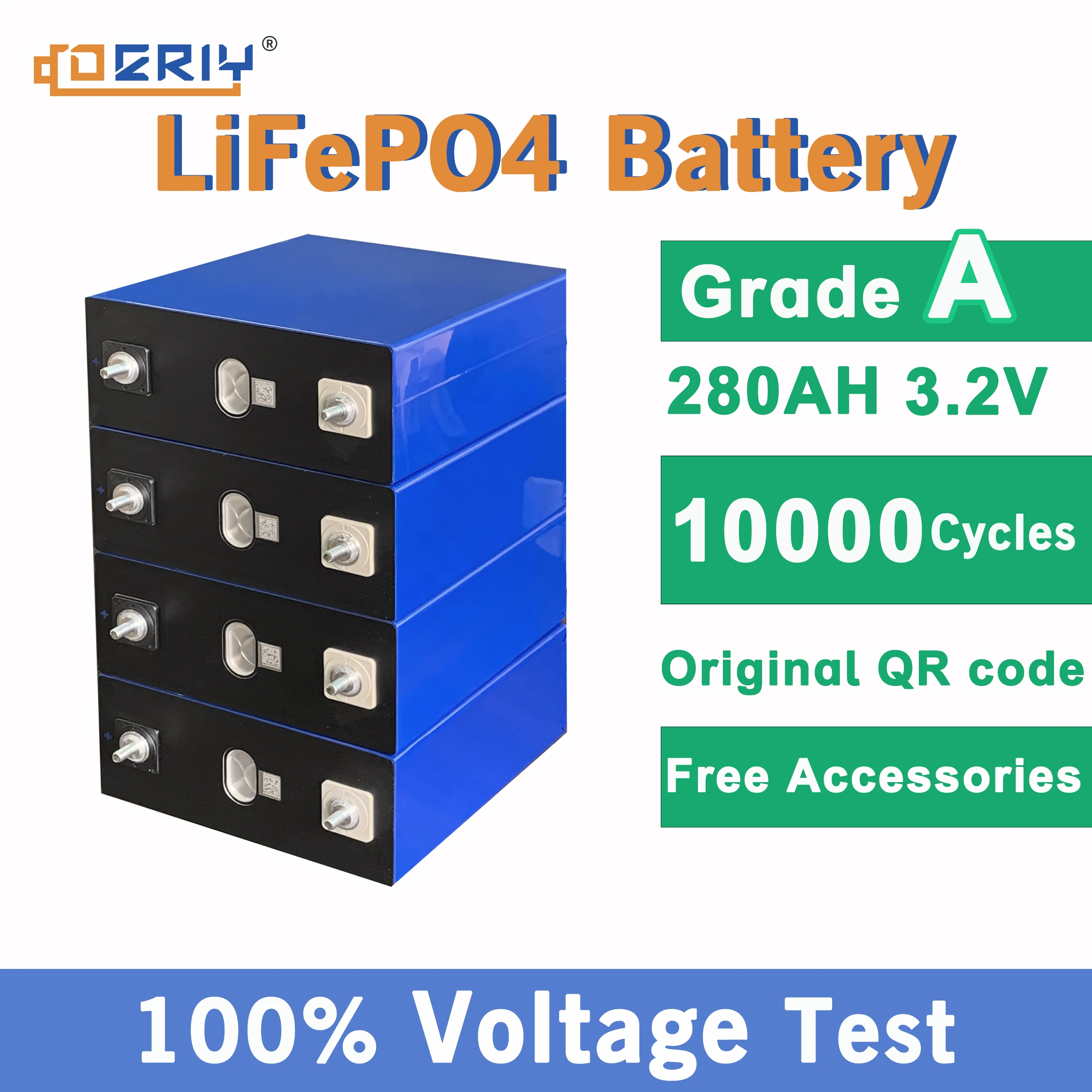
Solar power is a renewable type of energy, as it offers clean energy options unlike others. It incorporates solar panels, inverters, and storage systems. After a solar panel receives sunlight, it generates electricity and can either sell it or store it for future use. Using inverters, electricity produced from the solar panels is used in business or homes. Battries, belonging to storage systems, hold additional solar energy for usage during nighttime or cloudy seasons. Solutions based on solar energy reduce costs to Julians, fuel independence, power emissions and low emissions allowing consumers to be more dependent on the devices based solar technology
